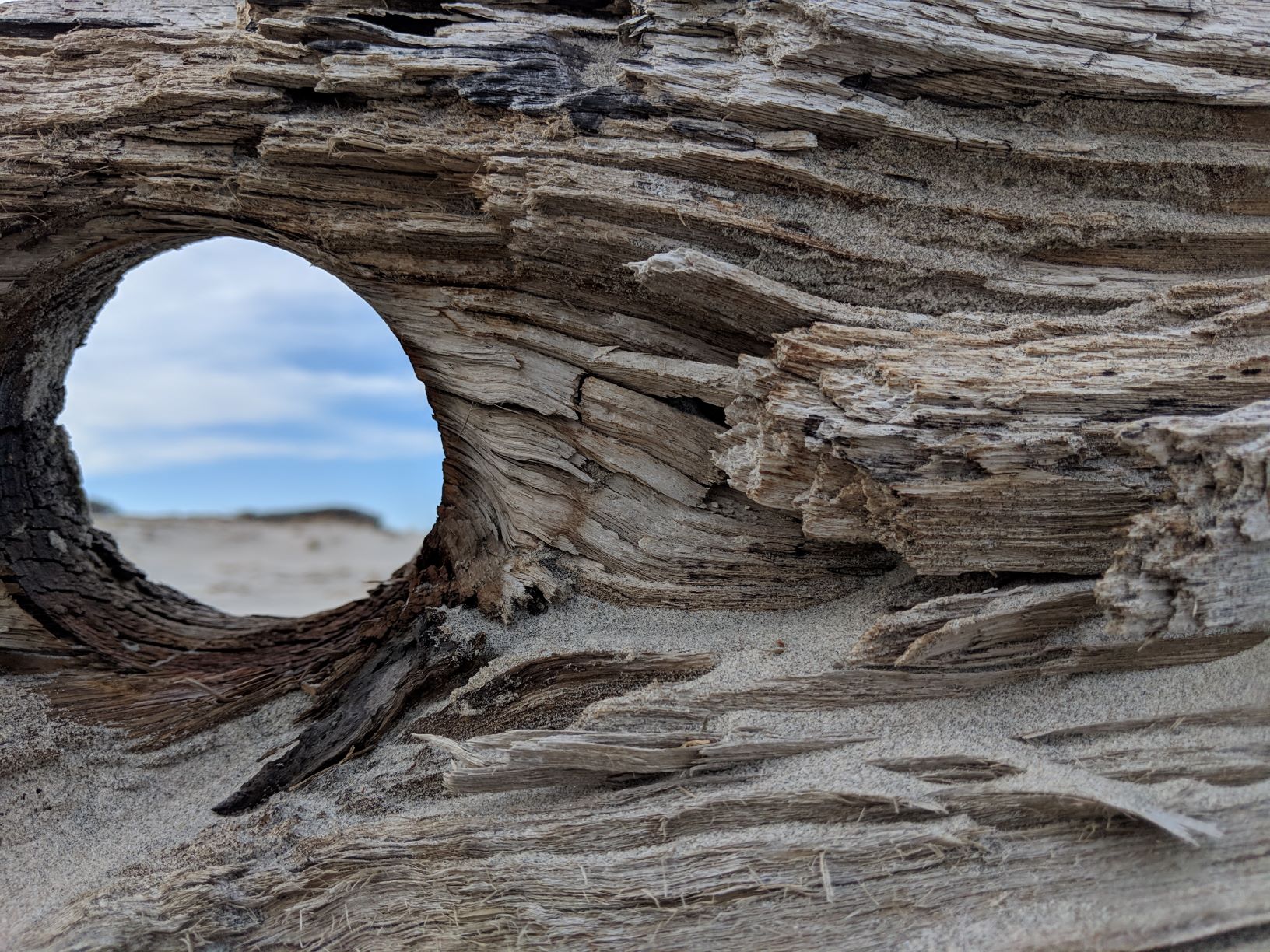Yes, that’s me.
Yes, that’s my tin foil hat.
Yes, I posted this one before.
You’re going to get lots of advice, too much really, much of it self-contradictory. Let me add to your growing pile of nonsense.
Children are innately curious; students, however, are not.
Unless you’re getting a fresh crop of toddlers, most children learned long ago that questioning in a classroom leads to all kinds of problems. If your kids do not rise like flies to the wonderful poop you bring to class, don’t get all sour-pussy about it.
If your enthusiasm lasts until November–which it will if you stop expecting the kids to care how much you spend out of class “for their benefit”–they’ll start spilling out their curious guts, which leads to a different kind of problem.
My recommendations:
- Treat your students as you would human beings that have been traumatized by years of schooling. Because they have.
- If a child wants to know what happens if… let her try it (provided it’s safe to do so). Memorize the state standards that pay lip service to exploring science, and be ready to rattle one off should an administrator wander in just as Brian attempts to see how long he can stand shocking himself with a hand-cranked generator.
(In New Jersey, it’s NJCCCS 5.1.12.B.1 “Design investigations, collect evidence, analyze data, and evaluate evidence to determine measures of central tendencies, causal/correlational relationships, and anomalous data.” This covers pretty much everything.)

What they’re telling their folks: WE’RE MAKING BOOZE!
Demos usually suck.
Why? Half the kids can’t really see what’s going on, and traditionally demos are followed by some inane worksheet, quiz, or some kind of assessment that just sucks all the cool out. Even if you don’t zap them with a quiz, their response is Pavlovian. I’m not saying don’t–just don’t expect the students to fawn over you like the Pied Piper.
My recommendations:
- Do ’em anyway. If you singe an eyebrow or two (preferably your own), you’ll be an instant legend.
- Accidentally trigger the smoke alarm during a chilly rainstorm in November–your fame will spread beyond your classroom.

Live critters reproduce.
And poop. Your lovely tank of cute roly-polies will become a teeming mass of stink by the time Thanksgiving rolls around, and you won’t have time to clean them.
My recommendations:
- Do it anyway, and let ’em stink, tell them it’s the natural world, and keep a butterfly net around so that when some horribly fierce looking critter breaks out and buzzes around the room, you can non-chalantly catch it as you meander through tables of differentiated groupwork. Kids learn more from these tiny reeking cesspools of life than they’ll ever grasp from a PowerPoint.
- Forget using filters in fish tanks–they’re loud and need maintenance. Just use water plants–they’ll take up the nitrogen, then scrape the algae off the sides every month or two with a microscope slide.
- If something stings you, smile, pretend it doesn’t hurt, and keep the EpiPen handy.
- Never, ever bring in spiders. You’ll get a few thousand anyway wandering in to eat the various flying critters erupting from your terrariums, and you can honestly tell your principal you didn’t bring them in.
Science teachers stay late…
So what? We do what we love! We get the big rooms! We blow things up! We have showers in our rooms!
My recommendations:
- If you’d rather be streaming out the door at 2:45 PM like a lost lemming, go take a few courses and get certified in…well, email me privately, I don’t need to get into a pissing match with about 4 other departments. Just stand by the door and see who streams out first. (Be careful, though–those English folks carry out enough papers to fuel the Netherlands for a week in December. They may work more than we do.)
- Squirrel away a lot of granola bars, power drinks, and a toothbrush.
- Quit. This isn’t for you.
Stop reading advice and go teach!
Bust your butt, enjoy the good moments, move on past the bad–the children know who’s in this for real, and who’s mailing it in. You’ll find your way if you fundamentally like kids, and you stick with it.
No shame if you don’t. This profession breaks a lot of people. The kids are here because they have to be. They deserve teachers who are there because they want to be.
I suspect a few veteran teachers could use this, too….






